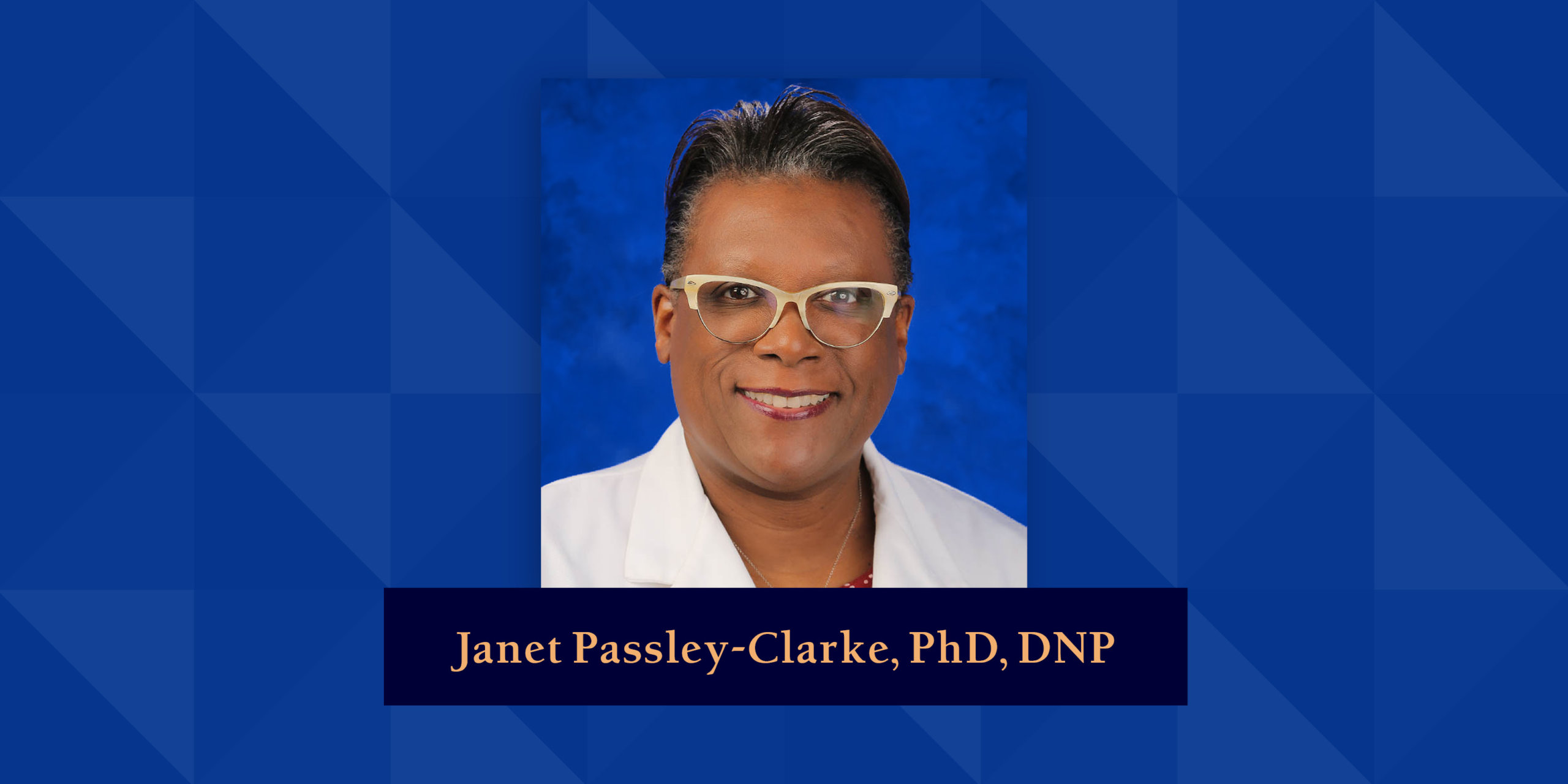The Pennsylvania Psychiatric Institute (PPI) is at the forefront of addressing mental health challenges in the Black, Indigenous and people of color (BIPOC) communities, with Dr. Janet Passley-Clarke leading significant initiatives. With over 25 years in mental health, Dr. Passley-Clarke brings a wealth of experience and insight to her work for the central Pennsylvania community and the people PPI serves.
“Our patient population extends far and wide. We have clients in Dauphin, Cumberland, Columbia, York, Lebanon and Perry counties,” said Passley-Clarke when discussing the wide range of people served by PPI. “Through our telehealth services, we have people from different places across Pennsylvania.”
Passley-Clarke’s role at PPI includes managing advanced practice providers in psychiatry and behavioral health, providing care for adult mental health clients and advocating for diversity, inclusion and equity within the organization. Her dedication to cultural competency in health care is evident, emphasizing the therapeutic value of patients finding culturally similar providers while acknowledging that effective care often transcends ethnicity.
Addressing Unique Challenges and Health Care Disparities
In a recent interview, Dr. Passley-Clarke highlighted the unique challenges facing the BIPOC communities such as communication barriers, language and cultural differences, generational trauma and navigating of the health care system. She discussed the importance of inclusivity in treatment and the need for providers to be aware of biases and microaggressions that could make patients feel undervalued.
From her clinical experience, Passley-Clarke highlighted the benefits of being made aware of the concerns facing the BIPOC community and working with a proactive mental health provider: “You have increased therapeutic value when you’re able to find a provider who is culturally similar to you.”
Based on data provided by the National Institute of Mental Health, nearly one in five U.S. adults live with a mental illness (52.9 million people in 2020). While people of color (POC) have rates of mental health disorders similar to Whites, these disorders are more likely to last longer and result in more significant disability for POC. Most mental illness goes untreated, especially in BIPOC communities. Fifty-two percent of Whites with acute mental illness received mental health services in 2020, compared to 37.1% of Blacks and 35% of Hispanics.
According to the American Psychiatric Association, the following factors can impact the ability of individuals from various ethnic, racial and socioeconomic backgrounds to access mental health treatment:
- Insufficient or absence of health insurance coverage
- Greater prevalence of stigma associated with mental illness within minority communities
- Limited representation of diverse ethnicities and races among mental health care professionals
- A shortage of mental health care providers who are culturally sensitive and competent
- Challenges arising from language differences
- A general mistrust toward the health care system.
PPI addresses these challenges through various means, including hiring diverse staff and offering specialized services and programs. These efforts reflect a commitment to understanding and meeting the needs of the BIPOC communities in central Pennsylvania.
When pairing providers with clients, Passley-Clarke advises looking at their experiences and their understanding of the experiences shared with new clients. In her work at PPI, she has observed this additional level of care resonating with patients, “You want to make sure that that client knows that you are culturally aware.”
Holistic and Comprehensive Care Approach
PPI’s holistic approach addresses mental health and other aspects of patients’ lives that could impact their well-being. She mentioned the role of community health workers like Cristel Woodcock, who assists BIPOC individuals in navigating health care, and the availability of mental health support groups open to all community members.
Moreover, PPI tackles socioeconomic factors by offering financial assistance programs and employing resource coordinators to help with housing, language barriers and access to specialized services. The institute’s commitment to recovery-oriented care involves the patient at every stage of their treatment, ensuring they feel valued and heard.
“As a Penn State enterprise, we can look at care beyond what we have at PPI. If our patients need more specific or specialized services, we can access it from entities as the client’s need dictates.” Stressing the importance of the relationship between providers and patients, Passley-Clarke said, “Sometimes that just means picking up the phone and being their advocate” and securing the resources they need to improve their mental health.
Empowering Patients and Embracing Community
Dr. Passley-Clarke advised BIPOC individuals who are hesitant about seeking mental health treatment to reach out and seek support, emphasizing the importance of taking that first step toward mental health stability. PPI’s efforts in staff education and training, diverse program offerings and patient-specific care demonstrate a deep commitment to serving and empowering the BIPOC communities.
Advising on the first step, Passley-Clarke emphasized, “Reach out to someone. It doesn’t matter who that person is. But reaching out is important.”
With a focus on inclusivity, representation and comprehensive care, PPI and Dr. Janet Passley-Clarke play a critical role in advancing mental health care for BIPOC communities in central Pennsylvania. Their dedication to evolving and meeting the changing needs of the region’s diverse community sets a benchmark in behavioral health services.
If you need help, please call the PPI Admissions Department at 717-782-6493 or 866-746-2496. The Admissions Department is available 24 hours a day, seven days a week.

